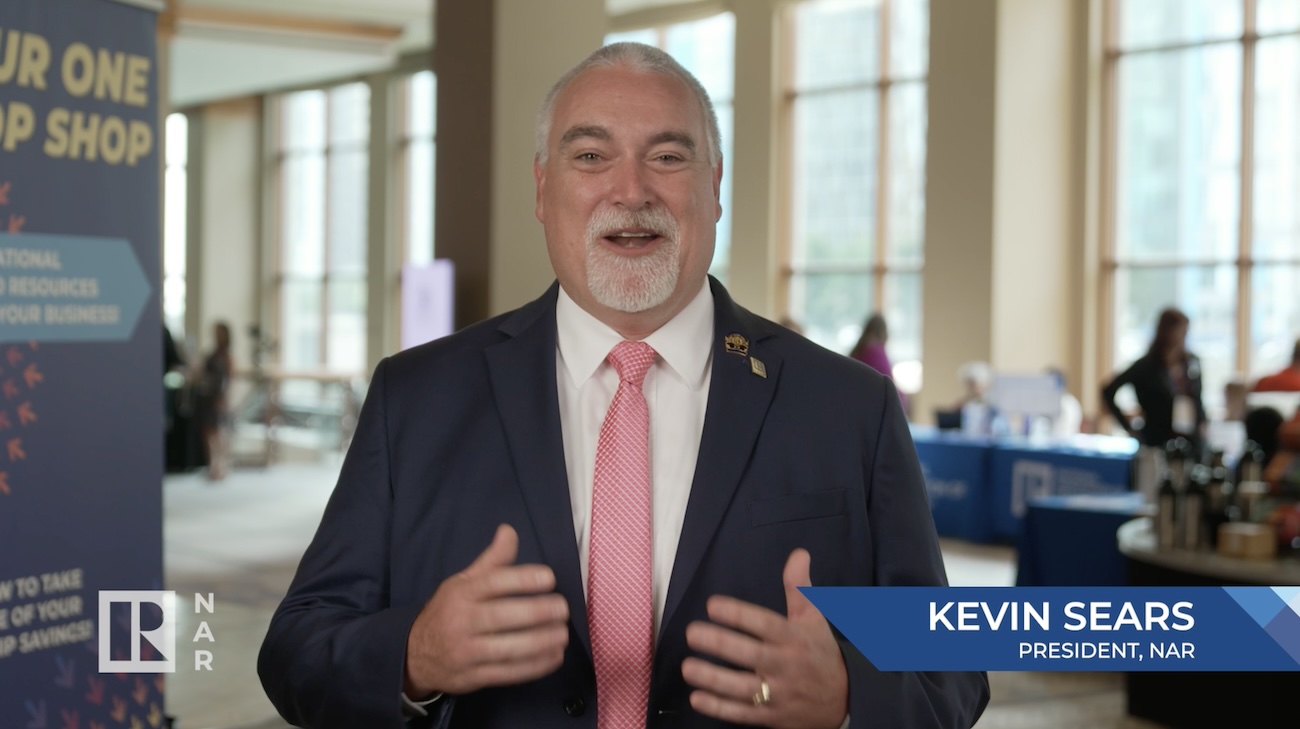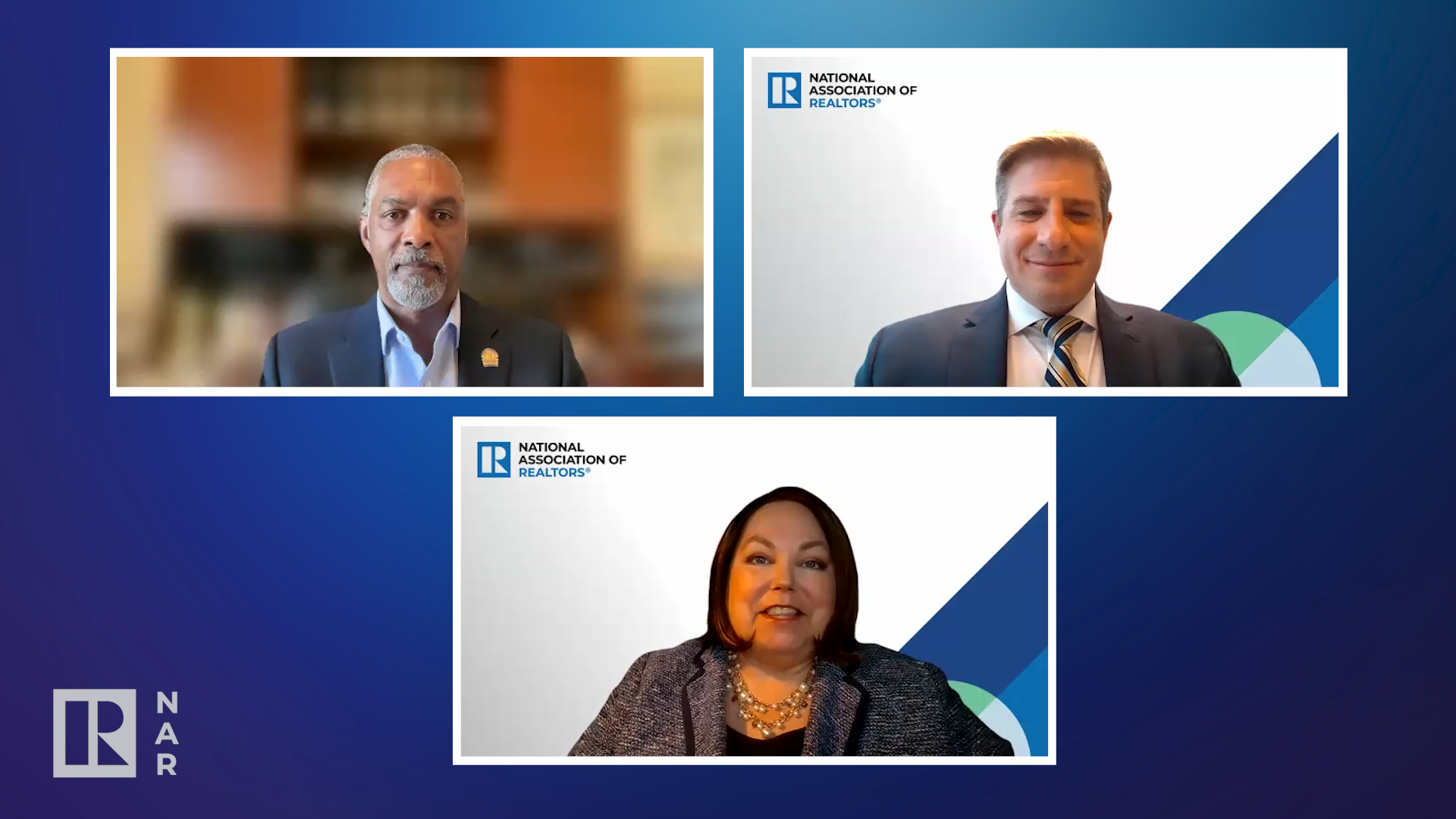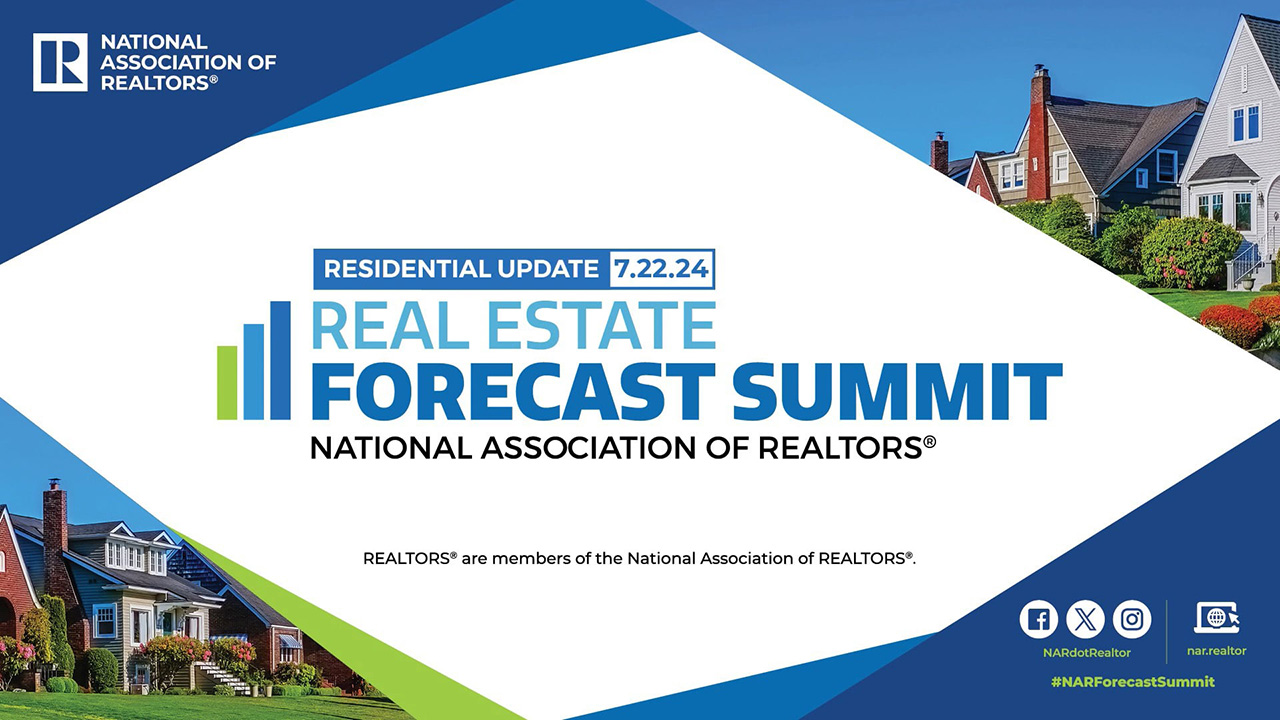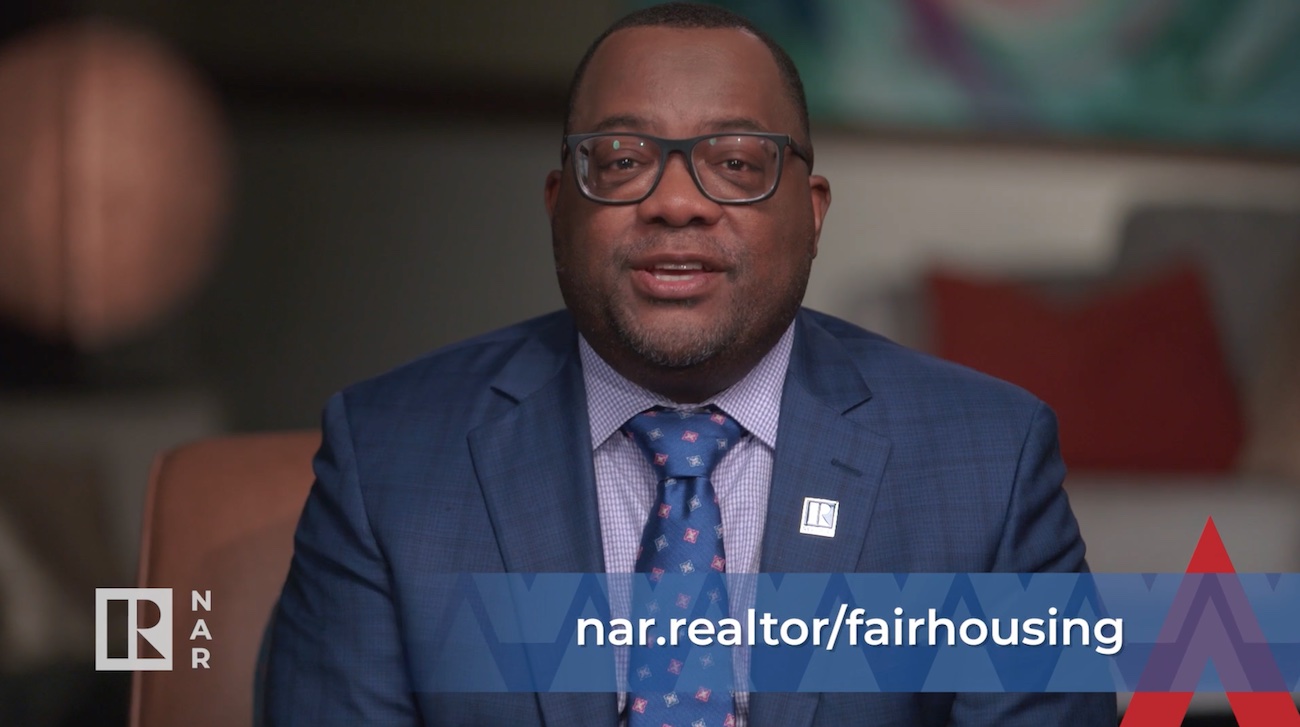Window to the Law: Updated Guidance for TCPA Compliance — Transcript
Real estate professionals use telemarketing calls and texts to promote their services to consumers, which can be an effective tool when implemented in compliance with relevant laws. But with the recent uptick in Federal Communications Commission enforcement actions, along with consumer lawsuits filed against brokerages alleging violations of the Telephone Consumer Protection Act, it’s more important than ever that real estate professionals ensure their telemarketing activities comply with the TCPA and the growing number of mini-TCPA laws enacted by states around the country.
The TCPA is a federal law that requires prior express consent be obtained prior to using an automated telephone dialing system to make telemarketing calls or texts. Failure to obtain such consent can lead to legal liability, costly litigation, and exorbitant penalties.
In 2021, the U.S. Supreme Court issued the Facebook v. Duguid decision, holding that the TCPA and its prior consent requirements only apply to automated telephone dialing systems with the capacity to store or dial numbers using a random or sequential number generator. As a result of the Facebook decision, real estate professionals can make marketing calls and texts without prior consent so long as they are not using a random or sequential number generator and are otherwise adhering to the Do-Not-Call registry restrictions.
In response to the Facebook decision, several states have enacted mini-TCPA laws which expand the definition of ATDSs to include any devices that have the capacity to store or dial large sets of numbers, regardless of whether such numbers are random or sequential, as well as additional consent, opt-out and quiet hours restrictions. Real estate professionals that live in states with mini-TCPA laws, such as Florida, Maryland, Michigan, Missouri, New York, Oklahoma, Pennsylvania and Washington, should take this opportunity to review their telemarketing practices and policies to ensure they comply with applicable federal and state law.
The FCC has also recently issued several new TCPA rules and guidance, including that:
- The Do-Not-Call Registry restrictions clearly apply to text messages as well as phone calls;
- The seller of a product or service must obtain consent directly from the consumer, known as 1-to-1 consent, before using an ATDS or sending artificial voice messages; and
- Artificial voice messages include messages developed using generative AI.
While the legal landscape continues to evolve, brokerages and agents should continue to incorporate these best practices:
- Obtain prior express written consent directly from consumers you intend to call or text for marketing purposes, considered the gold standard for protecting against TCPA liability.
- Adopt a TCPA/Do-Not-Call Registry policy and routinely train agents and staff on the policy.
- Maintain and update lists of consumers who have given prior express written consent and those who have opted out of marketing communications.
- Be sure to routinely check names and numbers against the Do-Not-Call Registry before calling or texting, even when using a third-party platform or ATDS.
- Know your state law and whether it has adopted a “mini-TCPA” law.
- Review the terms of service with any vendors you use to obtain phone numbers or automate calls and texts and ask that the vendor warrant its compliance with the TCPA and indemnify you from TCPA and Do-Not-Call Registry liability.
- Finally, be sure to weigh the return on investment before incorporating ATDSs and artificial voice messages into your marketing practices to be sure the benefit outweighs any risk of TCPA liability.
By following these best practices, real estate professionals can reduce the risk of TCPA liability while successfully leveraging telemarketing calls and texts as part of their promotional strategy.































































